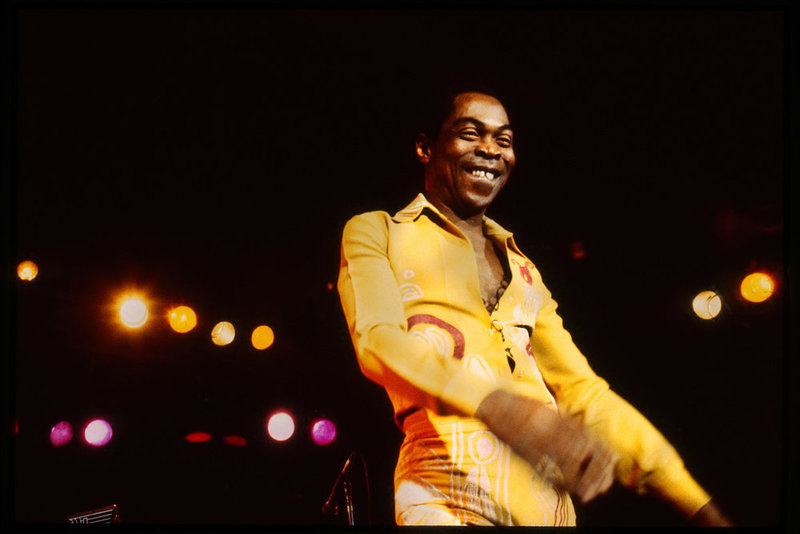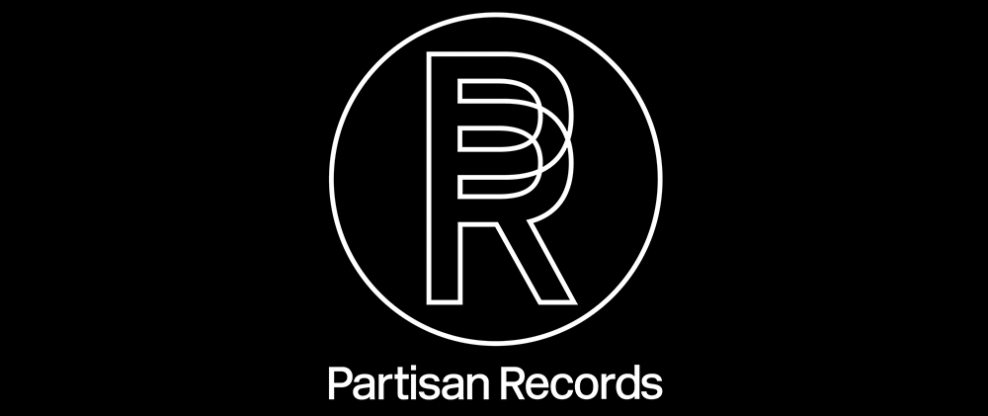(Hypebot) –In this edition of the Label Spotlight series from Spotify for Artists, we look behind the curtain of Partisan Records, and how the label grew from its bedroom beginnings to a global force in indie music.
Guest post from Spotify for Artists
Ambitious as its plans for world domination are, it’s still a feisty indie label.
In this ongoing series, we take a closer look inside some of the many labels carving their own niche.
Partisan Records’ story has never been predictable, but that tends to be the case for any endeavor driven first and foremost by passion and intuition. Since Tim Putnam and Ian Wheeler formed the label in 2007, the Partisan team have found that following their instincts has almost always paid off. Take the unexpected rise of Cigarettes After Sex, the dreamy noir-pop sensation led by Greg Gonzalez from El Paso, Texas. The group had essentially disbanded in the mid-2010s, only to reemerge a few years later after a fan-uploaded YouTube video of their song “Nothing’s Gonna Hurt You Baby” went viral. Gonzalez seized the moment, and so did Partisan Records, which released the band’s two studio albums, both of which have landed on multiple charts around the world.
Similar signings, based on a hunch and a keen ear, have elevated Partisan from its bedroom beginnings to a global indie force. In 2019 alone, Partisan scored its first Grammy nod for the album Deran by Bombino, who became the first Nigerian artist to be nominated for the prestigious award. It also nabbed two Mercury Prize nominations and won a Libera Award from the American Association of Independent Music for medium-sized label of the year.
We talked with Partisan’s US label manager Andy Hsueh and managing director Zena White to get the full scoop on how Partisan has become one of the most eclectic indie labels while living up to the name Partisan itself.
The beginnings
In 2007, Putnam had been working as a night manager at The Knitting Factory in Manhattan when he and close friend Wheeler decided to put their shared musical tastes to the test. Initially operating out of Putnam’s Brooklyn apartment, the label began as most passion projects do: with a desire to create something no one else could provide. “Tim had put out a bunch of records through a bunch of different labels over the years and had this dream of starting a label that he always wished he was on,” says Hsueh. After first putting out Decline of the West, a mercurial avant-folk album by Portland pal Emil Amos of Holy Sons, Putnam did release one album from his own band, The Standard. But then he discovered Deer Tick.

“Tim and Ian saw them play and fell in love,” Hsueh says. “They thought [frontman] John McCauley was just a really special artist. They ended up signing him and the record did really, really well.” Partisan quickly grew into something of an Americana powerhouse, bringing on artists like Middle Brother (the project between members of Deer Tick, The Delta Spirit, and Dawes) and Mountain Man. But it was never the label’s intention to represent a single genre or scene, and their roster soon diversified in a rather organic way, most notably with Sylvan Esso. The electro-pop duo of former Mountain Man singer Amelia Meath and her producer husband Nick Sanborn became one of the label’s first major successes when their 2014 self-titled debut album peaked at No. 39 on the Billboard 200.
The expansion
Around the same time that Sylvan Esso were flying up the charts, Partisan was already devising bigger plans to take on the world—or at least the UK. “We realized that in order for us to be competitive, we needed to be a label that could represent an artist throughout the world,” Hsueh says. So, Partisan opened an office in London and signed Eagulls, an atmospheric post-punk band from Leeds. During this period, Zena White came onboard and immediately picked up on what Partisan was all about: supporting artists that were not exploiting au courant sounds, but challenging and progressing them.
For her, signing the Bristol punk band IDLES captured this ethos. “They had been around in the UK for eight years and hadn’t been picked up by any label,” she explains. “We absolutely loved the band, but we were especially hesitant about what we could do in America with this very British-sounding, sonically angry guitar band. But Tim heard something that was so culturally relevant that he knew they were going to be able to capture an audience in a big way.”
That audience—hungry for fast, furious, politically fueled music—turned out to be bigger than they’d imagined. The band has since sold over 200,000 records worldwide, and in 2019 they were shortlisted for a Mercury Prize and nominated for the Best Breakthrough Act at the Brit Awards. “Everything that you look for in a record release, they’ve kind of done it all,” White says.

The future
While it has broadened its ambitions on a more international scale, Partisan still has the fight and feistiness of a small indie label. Its artist-friendly reputation has attracted established acts like Mercury Rev, Craig Finn, and The Black Angels. Meanwhile, the label keeps looking ahead, not toward the trends of today but to “where the wind is blowing,” as White puts it. Along with releasing new music in 2020—including a second album from Ultraista (featuring Radiohead producer Nigel Godrich), the next installment from FONTAINES D.C., and the debut from Montreal garage-punk quintet Pottery—Partisan will continue to reissue music from the catalog of late Afrobeat pioneer Fela Kuti, a project the label has been dedicated to for over a decade now.

“Fela’s spirit as a resistance fighter is very much in the spirit of the label,” White explains. “I think that we hold Fela’s music in reverence of that for sure—as much as he was incredibly irreverent.” This spirit aligns with the meaning of the name Partisan itself, inspired by the Leonard Cohen song “The Partisan.” “There are all kinds of connotations about what that name actually means to the types of artists that we work with,” she says. “Ultimately, the thing that’s underpinning all of these artists is their ability to speak to power and to heal pain. If music is a contribution to the world, then we always want to make sure that the artists that we’re working with are doing that in some way.”
—Stephanie Garr





























